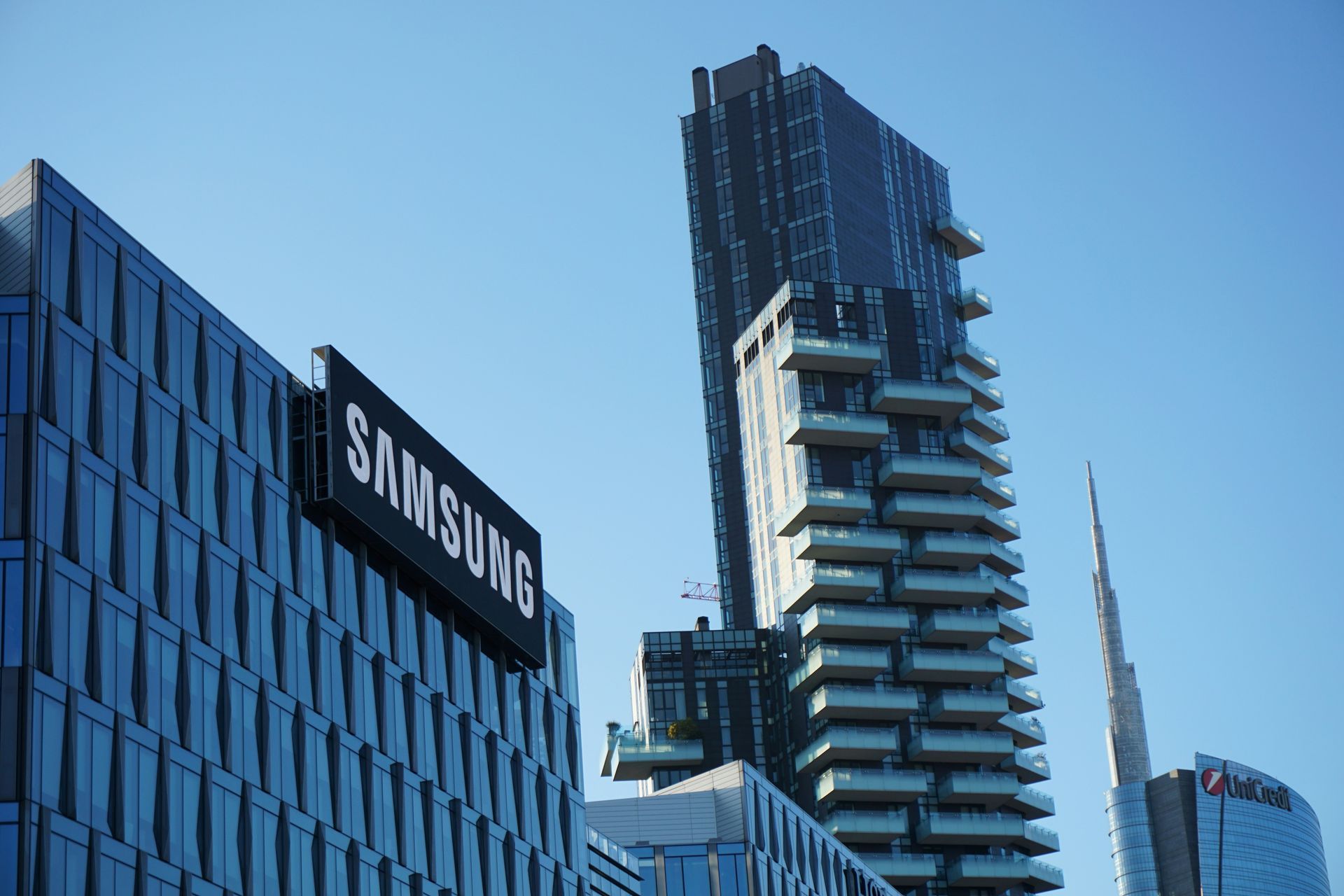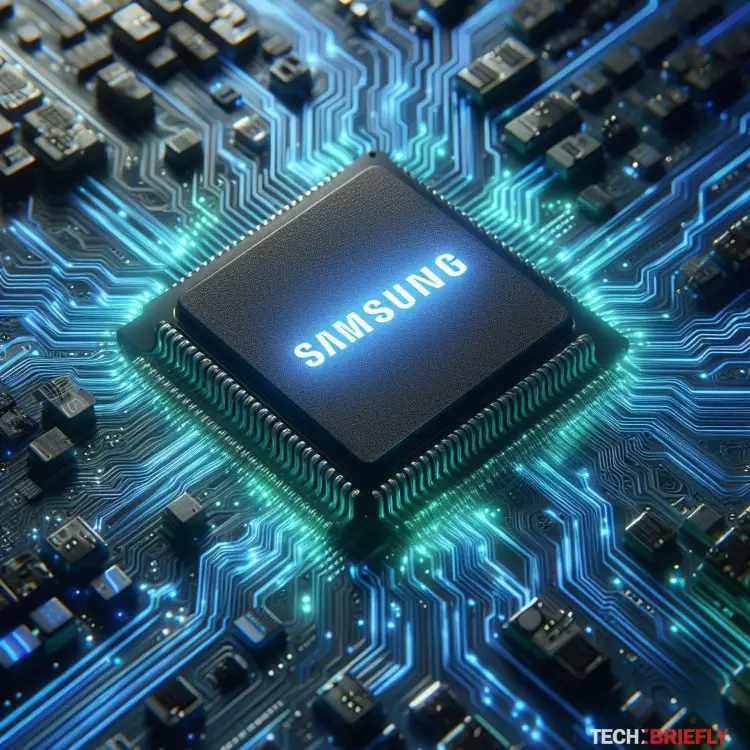A battle of chip supremacy simmers. Samsung, the South Korean tech titan, has set its sights on challenging Nvidia’s stronghold in the AI accelerator market.
The buzz is palpable following Samsung’s reported multi-million dollar sale of its upcoming “Mach-1” inferencing accelerator to Korean web giant Naver.
Korea Economic Daily reports Samsung’s total investment is valued at $752 million.
Samsung’s AI inferencing power play
AI inferencing is the process of applying a trained AI model to real-world data inputs in order to generate predictions or insights. It’s a pivotal aspect of tasks like image recognition, natural language processing, and powering those super-smart chatbots we encounter these days. Accelerators are specialized chips designed to speed up these computationally-intensive processes.
Nvidia, with its well-known GPU (graphics processing unit) lineup, has enjoyed dominance in this domain – think of them as the established ruler of the AI accelerator kingdom. Samsung seems to be prepping a worthy contender in its bid to shake up this scene rivaling NVIDIA’s recent AI investments announced at GTC.
The Mach-1 maneuver
The Mach-1 accelerator, according to reports, promises a serious acceleration in data transfer between the GPU and its memory. Imagine this like a super-fast highway for AI processing. This innovation has the potential to boost inferencing performance without the absolute need for expensive high-bandwidth memory. Think of it as making top-tier performance more accessible.
A timely play
Samsung’s strategic move with the Mach-1 aligns with a bigger trend within large tech players. Companies are increasingly seeking to reduce their reliance on third-party providers like Nvidia. Naver’s substantial purchase highlights this sentiment – it reflects a desire for greater autonomy and perhaps an eye on trimming those ever-rising hardware costs associated with cutting-edge AI work.

The challenger approaches
While the Mach-1 isn’t slated for release until 2025, its potential impact has the tech world buzzing. Here’s what could be in store:
- More options for AI players: Samsung’s entry could mean greater choice and flexibility for companies and researchers working in the AI space
- AI within reach: Samsung’s chip could potentially open the door for smaller organizations to tap into high-performance AI capabilities previously limited by budget constraints
- The race heats up: Increased competition can spur a wave of innovation in AI hardware, leading to even more powerful and accessible solutions down the road
AI is ever-evolving
Samsung’s moves signal a dynamic shift in the world of AI hardware. Could this mark the beginning of an era where Nvidia faces some real competition in the accelerator space? Only time will tell.
One thing is certain: As artificial intelligence continues its rapid ascent, the race for the fastest, most efficient chips is only going to get hotter.
Featured image credit: Emre Çıtak/Bing Image Creator





